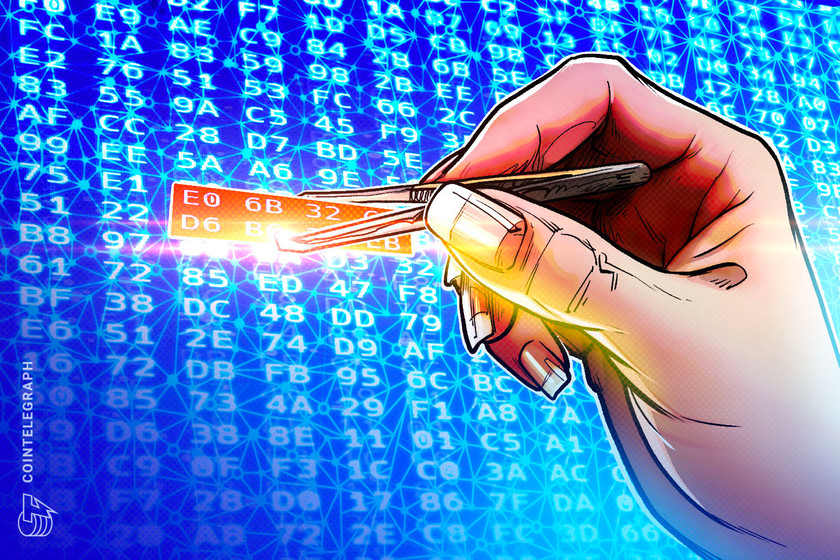The food industry could save up to $31 billion in global fraud savings by tracking food on its way from farms to consumers via the blockchain.
A Nov. 25 study by Juniper Research reveals that blockchain technology, in combination with Internet of Things (IoT) sensors and trackers, will greatly reduce retailers’ costs by streamlining supply chains, while simplifying regulatory compliance, offering more efficient food recalls, and tackling fraud.
The study points out that the increased adoption of blockchain and IoT in the supply chain industry will add significant value to the food business’s supply chain. By stacking these innovative technologies, the food industry could stack up to $31 billion in food fraud savings in just five years. Research author Dr Morgane Kimmich said:
“Today, transparency and efficiency in the food supply chain are limited by opaque data forcing each company to rely on intermediaries and paper-based records. Blockchain and the IoT provide an immutable, shared platform for all actors in the supply chain to track and trace assets; saving time, resources and reducing fraud.”
Juniper’s research further shows that substantial savings in food fraud can be realized as early as 2021, while compliance costs reportedly can be reduced 30% by 2024.
Blockchain tech for the food and beverage industry
Blockchain and IoT, which each bring their respective strengths, continue to be adopted by the food and beverage industry. Over the past few months, a variety of players, including giants like Nestlé and Carrefour, have reported on their blockchain-powered initiatives within the field.
The most-adopted blockchain tracking solution within the field is IBM’s Food Trust, which is based on the Hyperledger Fabric blockchain protocol. The platform went live in October 2018, “millions of individual food products” were reportedly tracked by retailers and suppliers using the Food Trust blockchain.
Most recently, it was reported that salmon farming company Cermaq and smoked salmon producer Labeyrie were using IBM’s cloud blockchain technology to trace their product supply chains..









